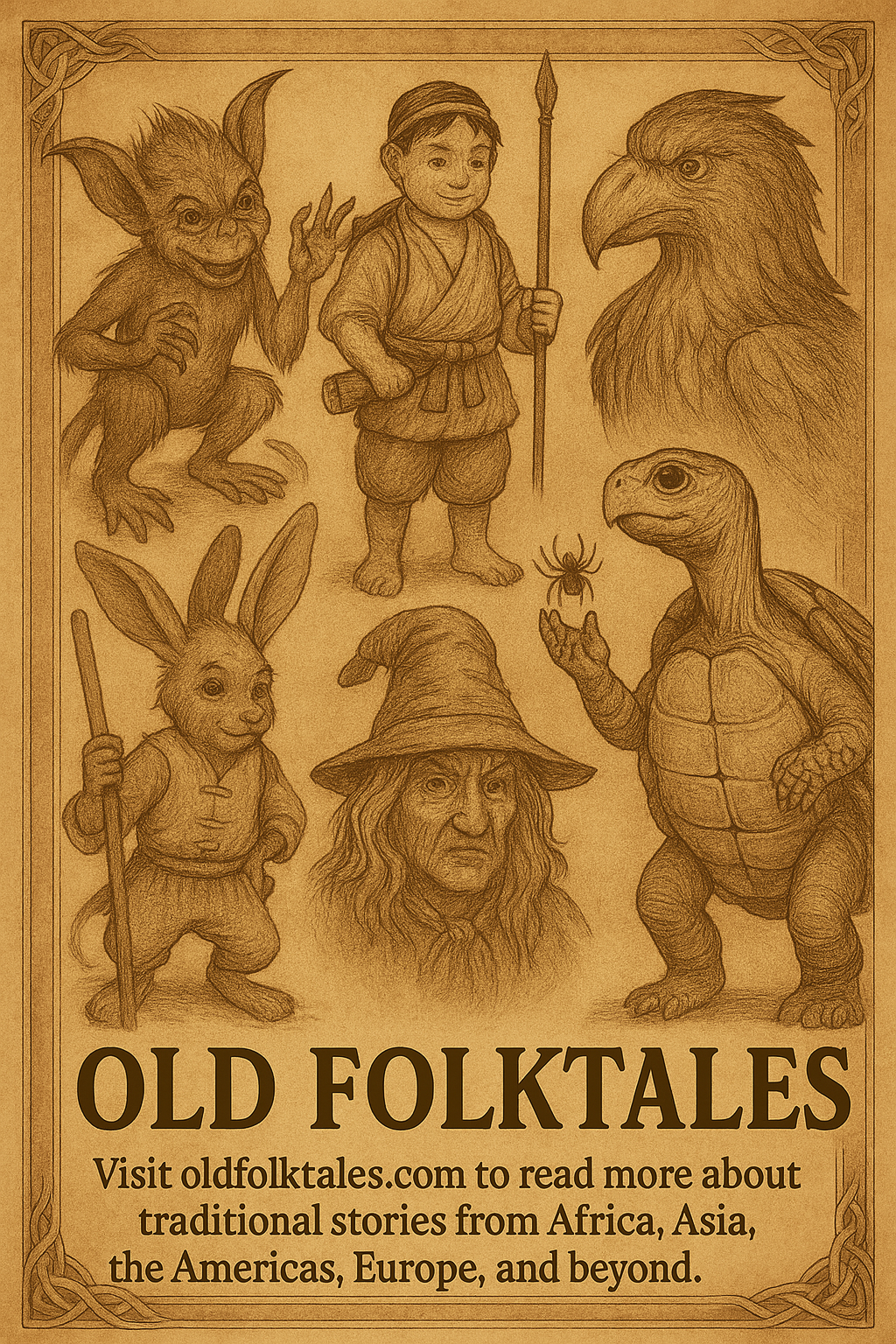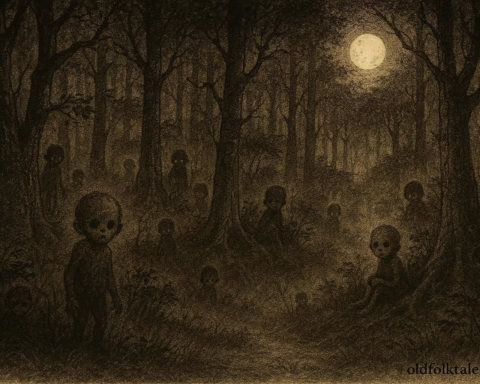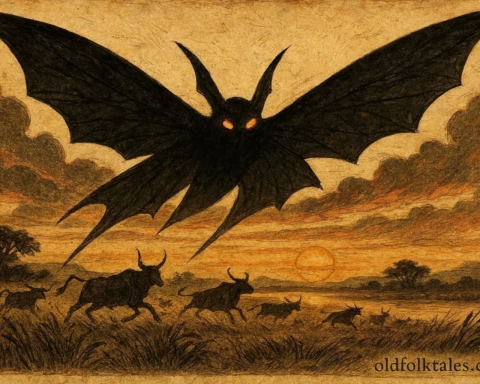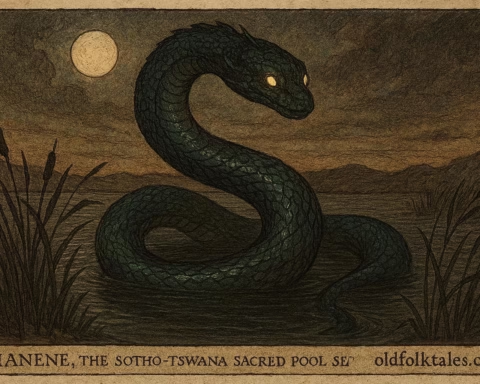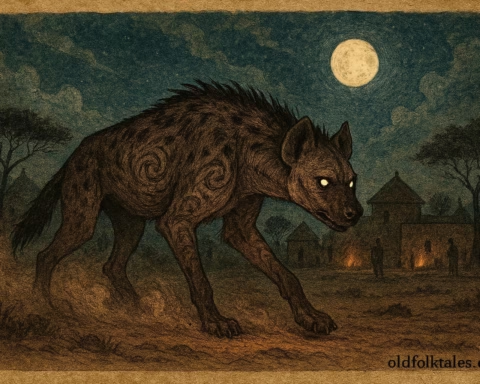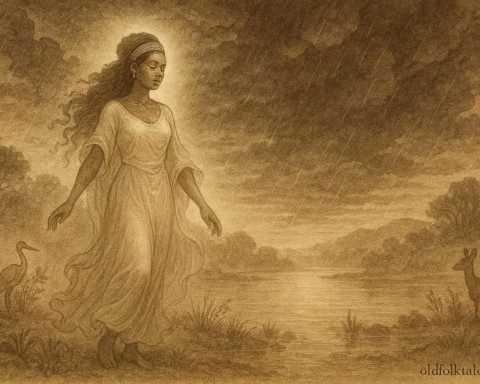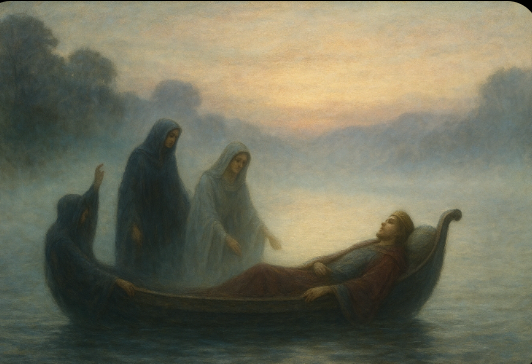
The wind moaned over the battlefield of Camlann, carrying with it the stench of iron and blood. Bodies lay strewn like broken standards, and the cries of the dying faded into the cold mist. Among them, a single figure stood out, King Arthur, High King of the Britons, leaning upon his sword, Excalibur, its edge blackened with the ruin of battle.
Mordred’s spear still jutted from his side, the wound deep and mortal. Yet King Arthur stood unbowed, his eyes not on the field, but on the western horizon, where the clouds parted to reveal a thin line of gold over the sea. He knew, as all warriors know in the last hour, that his time in the mortal realm was near its end.
The Wounded King
Bedivere, loyal knight to the last, stumbled towards him, armour cracked, helm lost, face smeared with sweat and grief.
“My liege,” he said, voice trembling, “the battle is ended, and with it, Britain’s hope.”
Arthur’s breath came slow. “Not ended, Bedivere. Only passed into the keeping of time. But you must do this for me, take Excalibur and cast it into the waters of the lake.”
Bedivere’s hands tightened on the hilt. “Sire, this blade is the heart of your reign. It is a relic of power. Will you have it lost?”
Arthur’s eyes, pale as winter’s dawn, met his. “It is not mine to keep. It was a gift, and gifts must be returned.”
The Trial of Obedience
Twice Bedivere went down to the lake, twice he could not bring himself to hurl the sword away. Each time, he returned with a false tale, saying the deed was done. And each time king Arthur’s voice, though faint, cut sharper than any steel:
“You betray your king for the love of metal and memory. Go now, do as I command.”
On the third journey, Bedivere reached the water’s edge, where the moon lay in silver shivers upon the surface. He drew back his arm and cast Excalibur far into the deep.
Twice Bedivere went down to the lake, twice he could not bring himself to hurl the sword away. Each time, he returned with a false tale, saying the deed was done. And each time Arthur’s voice, though faint, cut sharper than any steel:
“You betray your king for the love of metal and memory. Go now—do as I command.”
On the third journey, Bedivere reached the water’s edge, where the moon lay in silver shivers upon the surface. He drew back his arm and cast Excalibur far into the deep.
From beneath the waters, a hand rosewhite as polished bone, robed in shimmering silk. It caught the sword by the hilt, lifted it high, and with three slow motions, drew it under the waves.
Bedivere returned, and Arthur’s face softened. “It is well. Now, help me to the shore.”
The Barge to Avalon
There, at the water’s edge, a black barge awaited, silent as the grave. Upon it stood three women cloaked in shadow and light, the Lady of the Lake and her sisters of Avalon. Their eyes were deep as the tide, and their hands glowed with healing fire.
They lifted Arthur into the barge. The planks beneath him were sweet with herbs, the air heavy with the scent of apple blossom. The oars dipped soundlessly, and the craft slid into the mists.
Bedivere watched from the shore as his king faded into the white veil that lay between worlds. Arthur’s voice carried back to him, no louder than a sigh:
“I go to heal my wounds in Avalon. But know this, when Britain’s need is greatest, I shall return.”
The Shores of the Blessed Isle
The mist thinned, and before Arthur rose Avalon, the Isle of Apples, where the air was warm and golden, and no shadow of death fell. The women bore him ashore to a green meadow, where streams ran with sweet water and trees bent heavy with fruit.
Here, the Lady touched his brow. “Sleep now, King of the Britons. The world will turn, and kingdoms will rise and fall. But your name will not fade. When the horn of Britain is blown in her darkest hour, you will wake, and your sword will shine anew.”
Arthur closed his eyes, and the last sound he heard was the murmur of the waves, like the heartbeat of a land not yet finished with him.
Moral of the Tale
The voyage of King Arthur to Avalon teaches that true leadership is not in clinging to power but in knowing when to release it. Strength lies in the courage to face one’s end with dignity, trusting that one’s deeds will outlast the flesh. In the Celtic way, the hero’s story does not end with death, but with the promise that honour, justice, and courage are seeds sown for future generations. A hero may depart, but the spirit of their deeds remains to guide those yet to come.
Knowledge Check
What is the moral of the folktale “King Arthur and the Final Voyage to Avalon”?
The story teaches a timeless lesson about honour, sacrifice, and the wisdom of letting go, showing how a single act of trust can echo through legend.
What culture or region does the tale “King Arthur and the Final Voyage to Avalon” come from?
This legendary folktale originates from Celtic mythology, rooted in the Arthurian traditions of Britain and Wales.
Why did King Arthur undertake the final voyage to Avalon?
In the tale, King Arthur undertook the final voyage to Avalon out of duty and acceptance of fate, seeking healing and passing into legend.
How does the folktale “King Arthur and the Final Voyage to Avalon” reflect a cultural belief?
The story offers a traditional explanation for the belief in a once-and-future king who will return to save his people, a motif deeply rooted in Celtic lore.
Is “King Arthur and the Final Voyage to Avalon” considered a myth, epic, trickster tale, or origin story?
“King Arthur and the Final Voyage to Avalon” is a heroic saga that reveals the values and worldview of Celtic culture.
How is the story of “King Arthur and the Final Voyage to Avalon” relevant to modern readers?
This legendary tale remains relevant as it teaches enduring truths about honour, resilience, and the hope that leadership and justice can return in times of need.
Cultural Origin: This story is inspired by the oral and literary traditions of Celtic legend.
